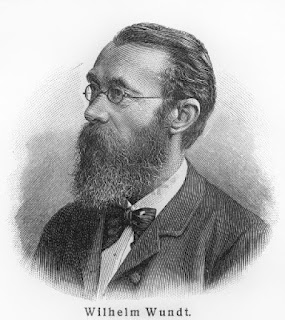Now, there are a
very large number of bodily movements, having their source in our nervous
system, that do not possess the character of conscious actions
Physiological psychology is, therefore, first of all psychology
The attitude of physiological psychology to sensations and feelings, considered as psychical elements, is naturally the attitude of psychology at large
Choosing to be positive and having a grateful attitude is going to determine how you're going to live your life
My attitude is that if you push me towards something that you think is a weakness, then I will turn that perceived weakness into a strength
The distinguishing characteristics of mind are of a subjective sort; we know them only from the contents of our own consciousness
We speak of virtue, honour, reason; but our thought does not translate any one of these concepts into a substance
Physiological psychology, on the other hand, is competent to investigate the relations that hold between the processes of the physical and those of the mental life
Weakness of attitude becomes weakness of character
Nothing can stop the man with the right mental attitude from achieving his goal nothing on earth can help the man with the wrong mental attitude
Attitude is a little thing that makes a big difference
In Aristotle the mind, regarded as the principle of life, divides into nutrition, sensation, and faculty of thought, corresponding to the inner most important stages in the succession of vital phenomena
Quotes Compiled By Brian Kasaine

